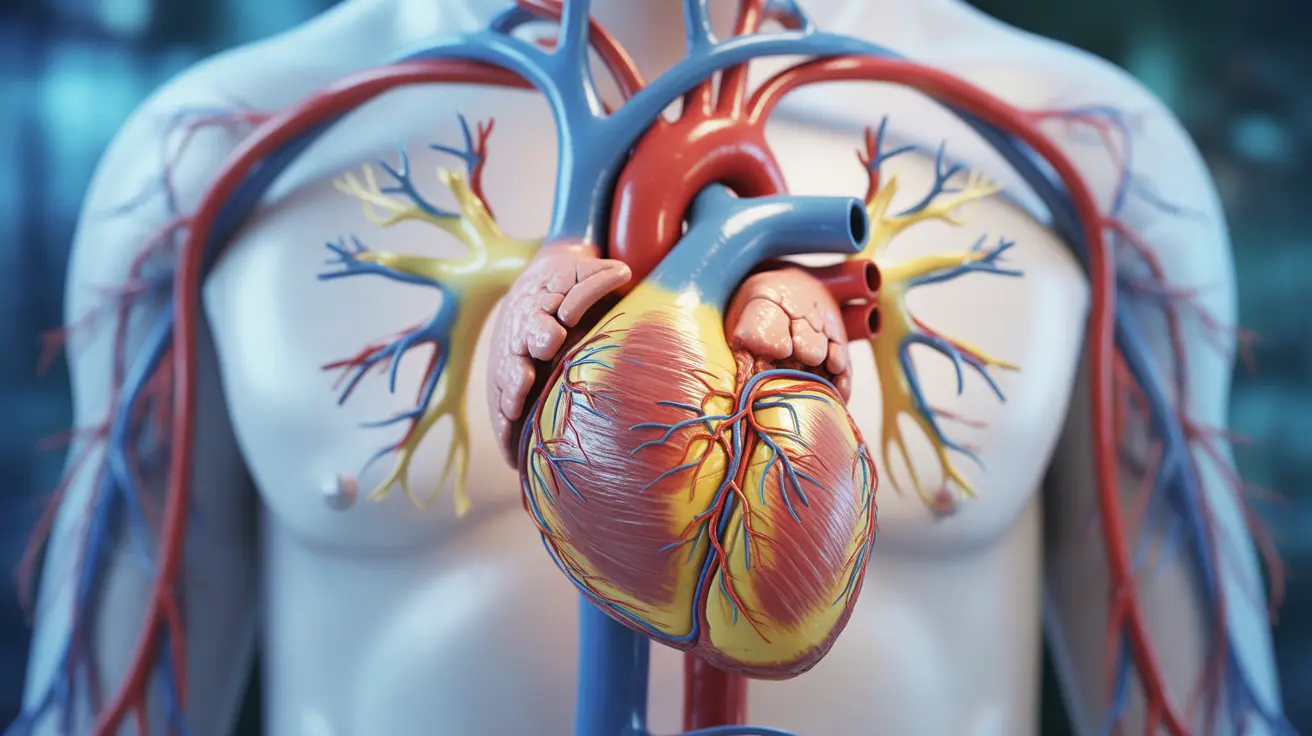Managing high cholesterol effectively requires a clear understanding of available treatments and when to start them. Whether you're newly diagnosed or considering treatment options, knowing the various approaches to lowering cholesterol levels can help you make informed decisions about your health.
This comprehensive guide explores both medical treatments and lifestyle modifications that can help manage high cholesterol, ensuring you have the information needed to work effectively with your healthcare provider.
When to Begin Cholesterol Treatment
The decision to start cholesterol treatment typically depends on several key factors. Your healthcare provider will consider your overall cardiovascular risk, including:
- Your total cholesterol and LDL levels
- Family history of heart disease
- Age and gender
- Blood pressure
- Whether you smoke
- Presence of diabetes
- Other existing health conditions
Based on these factors, your doctor will determine whether medication is necessary or if lifestyle changes alone might be sufficient.
Available Medication Options
Statins
Statins are the most commonly prescribed cholesterol-lowering medications. They work by blocking an enzyme that your liver needs to produce cholesterol, effectively reducing LDL (bad) cholesterol levels.
Other Medication Types
Besides statins, several other medication options exist:
- Bile acid sequestrants
- Cholesterol absorption inhibitors
- PCSK9 inhibitors
- Fibrates
- Niacin
Each medication type works differently and may be prescribed alone or in combination depending on individual needs.
Lifestyle Modifications for Cholesterol Management
Natural approaches to lowering cholesterol can be highly effective, especially when implemented consistently:
Dietary Changes
- Reducing saturated and trans fats
- Increasing fiber intake
- Adding heart-healthy foods
- Limiting processed foods and added sugars
Physical Activity
Regular exercise can help improve cholesterol levels by:
- Raising HDL (good) cholesterol
- Helping maintain a healthy weight
- Improving overall cardiovascular health
- Reducing stress levels
Monitoring Your Progress
Regular monitoring is essential when treating high cholesterol. Your healthcare provider will typically check your cholesterol levels every 3-6 months when starting new treatments, then annually once levels stabilize.
Managing Treatment Side Effects
Understanding potential side effects and how to manage them is crucial for successful treatment. Common side effects vary by medication type but may include muscle pain, digestive issues, or liver function changes. Working closely with your healthcare provider can help address these concerns effectively.
Frequently Asked Questions
When should I start treatment for high cholesterol and what factors determine the need for medication?
Treatment should begin when your cholesterol levels exceed recommended ranges and your overall cardiovascular risk warrants intervention. Factors including age, family history, existing health conditions, and lifestyle habits help determine whether medication is necessary.
What types of medications are available to lower high cholesterol and how do they work?
Several medication types are available, including statins, bile acid sequestrants, cholesterol absorption inhibitors, PCSK9 inhibitors, fibrates, and niacin. Each works differently to reduce cholesterol levels, either by decreasing production or absorption of cholesterol, or by improving the body's ability to remove it.
What lifestyle changes can help reduce LDL cholesterol levels naturally?
Key lifestyle changes include adopting a heart-healthy diet low in saturated fats, increasing physical activity, maintaining a healthy weight, quitting smoking, and limiting alcohol consumption. These changes can significantly impact cholesterol levels without medication.
What are common side effects of statin medications and how can they be managed?
Common statin side effects include muscle pain, liver function changes, and digestive issues. These can often be managed by adjusting dosage, switching to a different statin, or taking the medication at a different time of day. Always discuss side effects with your healthcare provider.
How often should I have my cholesterol checked when undergoing treatment for high cholesterol?
Initially, cholesterol should be checked every 3-6 months when starting treatment. Once levels stabilize, annual testing is typically sufficient. However, your healthcare provider may recommend more frequent monitoring based on your individual situation.




